I have a memory from when I was about 8 or 9 years old of being taught how to throw a football for distance by an older kid in my neighborhood. One summer in the small park in front of my apartment, this kid spent 20-30 minutes patiently showing me the arm motion, release point, and trajectory I needed to execute in order to throw the ball further than I could beforehand. I don’t share this story because I went on to become a star quarterback, but because it’s one of my earliest memories of receiving helpful, informal external guidance that tangibly helped me improve an area of my life.
I honestly can’t recall if I ever saw that kid again after that day, but he had a lasting impact on me. I’ll bet you can remember at least one person like that in your life who, in their brief cameo in your story, made a dramatic difference in your thought, action, direction, or development. What if we could hold onto such people, or better yet, intentionally seek them out to add to our network so they become recurring, readily accessible characters, rather than single episode guests? This can and should be an intentional process for any professional as they network build professional relationships & friendships.
“No man is an island, entire of itself; every man is a piece of the continent, a part of the main.” ~John Donne (Devotions, 1642)
If we can agree that at a societal level, no one can live let alone thrive in complete isolation, then it can be said that no one’s career can either. None of us got to where we are in our careers today without the support, guidance, and in some cases, antagonization of others. We need people on our team who can help us navigate the ups, downs, and intricacies of building, improving, or transitioning our careers.
Why You Need Your Own Advisory Board for Career Development
None of us have all the answers, especially when it comes to challenges we’ve never faced or choices we lack the knowledge or experience to make. This is where having external guidance can be extremely beneficial for our growth and development. Here are a few reasons why you need your own advisory board for career development.
Your personal advisory board can provide you with...
Objective Feedback & Reality Checks
We can see things only as far as our perspective allows us. Our first-hand experience doesn’t necessarily capture all the details, nor do we always see ourselves clearly within them. You might think that you wrote a killer sales pitch or a sure-fire grant proposal, but we all need that person who in 5-minutes can point out the fatal flaws in our creations before they go live or help us understand why they didn’t work in the post-mortem. Having people you trust to help you objectively review work, examine issues + our role in them, and in the words of Ice Cube, “check yo self before you wreck yo self,” is priceless for our development.
Positive Reinforcement
Not all of us are inherently confident and many of us battle with imposter syndrome as a function of carrying one or more marginalized identities. Our place isn’t necessarily assured and our achievements aren’t always validated in our workplaces making them at best, ego-bruising, or at worst, toxic places to be. These environments can lead us to doubt our ability and question our value, which impacts our career narrative. In the worst cases, it can even slow or alter our trajectory.
I recently wrote about trusting your own voice in your career narrative, and in response, my colleague Elizabeth Leiba pointed out that having “an informal team of allies and advocates outside of our professional workplace can provide positive reinforcement that helps build confidence.” We all need people who can identify what we are doing well, especially when we can’t see it ourselves, those who can affirm that we are on the right track, and still those who can call out greatness in us that we have the potential to achieve.
In response to the same post, my colleague and fellow coach Lezlie Garr said, “one of the best ways to side-step -isms is to surround yourself with support,” and I fully agree. Fighting -isms can be exhausting work, especially when done alone, so having those who empathize with, support and/or can advocate on your behalf will help you endure and hopefully win the battle.
Guidance on Professional Growth
The path for advancing your career is not always clear and there isn’t just one way to do it. Having guidance from those even just one year ahead of you in their professional path can provide you with invaluable insights that can help you better navigate your own. Having access to the lived trial and error experiences of someone else can help you avoid costly mistakes and valuable time in your growth.
“What skills should I focus on developing?” “What projects should I aim for?” “Is this certification really worth it?” Are just a few of the myriad questions you can get answers to from your advisory board. Constructive and corrective feedback is an invaluable asset.
Problem Solving & Crisis Response Support
It’s not a matter of if, but when you face a severe professional dilemma or crisis situation that having an advisory board will prove extremely useful. Being able to draw upon the diverse viewpoints and minds of a few smart people to help you think through a significant challenge will undoubtedly help you find a better solution than you might have on your own.
Who Should Be in Your Advisory Board
There is not a clear formula for this and no two professionals’ advisory boards will look the same, but here are a few basic building blocks:
Champion: someone in your company who believes in and supports your growth/advancement by actively creating/presenting you for opportunities.
Mentor: someone who possesses wisdom about life & work who provides sound advice and brainstorming support. Not necessarily from your field/profession.
Smart Contemporary: there’s no rule that advisors have to be old(er). There are some super smart people your age or younger who can speak into your life. Age is not always equivalent to wisdom.
Professional Role Model: someone currently occupying or well on their way to achieving the role you see for yourself in about 10 years.
This is all well and good but, “how do I go about assembling this advisory board?” you might ask. I’ll hazard a guess that after reading the above list, at least one person came to mind who fits into one of those categories. Start there and you can add the rest organically over time. Some of these relationships will develop organically, in other cases, you may ask formally. Neither approach is wrong, you just have to be intentional about trying to build these for yourself.
If all else fails, listen to Issa Rae:
“Who's next to you? Who's struggling? Who's in the trenches with you? Who's just as hungry as you are? Those are the people that you need to build with...”
Now. Start. Building.
Need help building your own advisory board? I’d love to support you!
Book Now for a free consultation.
NIIATO@AVENIRCAREERS.COM | CALL/TEXT 917-740-3048

